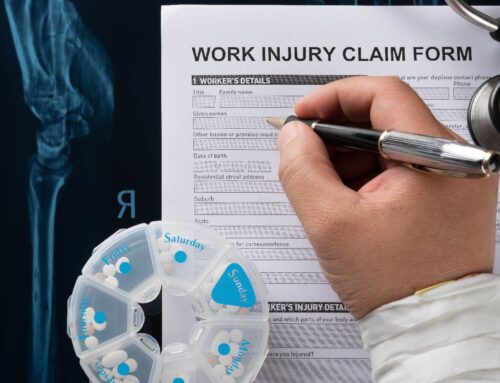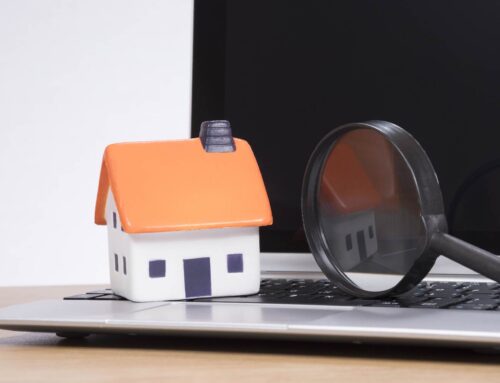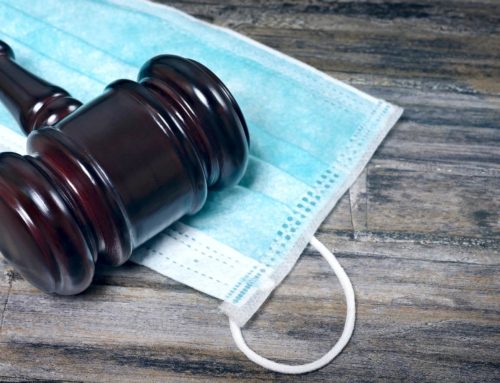By: Jeffrey Hall
With the advent of the worldwide COVID-19 pandemic, local government in New Jersey has had to scramble to continue to function while greatly restricting public access to government buildings and public meetings. Within weeks of Governor Murphy’s issuance of emergency orders, the Division of Local Government Services (DLGS) of the Department of Community Affairs, issued guidance on the conduct of remote public meetings. The guidance has been utilized since its publication in early April 2020.
Remote Meeting Protocol
Recently, the OLGS adopted emergency rules to govern “remote meeting protocol for local public bodies during a declared emergency.” The Division filed these rules and the Governor approved them in late September. These rules govern the process for and conduct of public meetings of local governmental bodies at or below the level of county government.
The overall purpose of the rules is to provide controlling principles concerning the conduct of remote public meetings during a state of emergency, which shall include minimum procedures that will allow for reasonable public notice and a means for public input. With regard to meetings conducted by local land use boards (Planning Boards and Zoning Boards of Adjustment), there are additional rules, which are designed to afford the applicant seeking a development approval, interested parties and the public to be assured of due process.
It is important to note initially that these rules are applicable only in the event that a public body holds a remote public meeting. If that body determines to meet in person, these rules require that the public also have in person access to the in-person meeting. In addition, the public body must assure that the meeting place has sufficient capacity to accommodate the public and other participants in accordance with state of emergency rules.
Remote Meeting Accessibility
These rules take a holistic approach to remote public hearings. The overriding objective is “to allow the local public bodies to conduct public business in an open and transparent manner when the circumstances of a declared emergency reasonably prevent a public meeting from being safely held in a physical location.”
To that end, the rules establish a minimum technological and procedural requirement for remote public meetings. They mandate that a local public body use audio or audio/video electronic communications technology that “is routinely used in academic, business, and professional settings, and is widely accessible to the public at no cost. This rule appears to incorporate widely accepted practice of using platforms such as Zoom, GoToMeeting, Microsoft Teams and the like.
Incorporated into this standard is the requirement that the public have a similar level of access that the local public body has to the audio and video platform provided for the remote public meeting. Moreover, this standard is layered with the additional requirement that alternative access be provided through a telephone link.
Document Access
The rules have been designed to ensure that the public will have access to documents that are being present at a public meeting. Access to documents must be spelled out clearly in the notice provided for the meetings.
There are special requirements that are applied to hearings conducted by land use boards. The applicant seeking an approval, in addition to providing adequate notice, must arrange for the delivery of materials pertinent to the application at least two days before the date of the hearing to the secretary of The Board. These materials must be converted to an electronic format that can be readily uploaded by the Board’s secretary. The Board, through its secretary has the obligation to make the materials available on its dedicated website (or through its Facebook page if it does not have a dedicated website) that the public or other interested party may readily access.
Notice
Notice is given particular attention by these rules. The rules to a certain extent mirror the Open Public Meetings Act (OPMA). Thus, where the OPMA requires notice, there is a corresponding requirement to notice electronically for remote meetings.
However, in addition to the content required under OPMA, notice of a remote public meeting must include “clear and concise instructions for:
• Accessing the meeting.
• Describing the means for one to make comments during the meeting.
• Identifying where relevant exhibits will be made available for review.
Hearings before land use boards mirror these requirements by requiring the identification:
• Where all plans/exhibits associated with a hearing may be accessed by the public.
• The provision of clear and concise instructions on accessing the exhibits.
Consistent with the due process threshold of these rules is the requirement that the land use Board has considered the capability of the chosen electronic communication technology to ensure due process of the applicant, interested parties and the public.
The Board must also consider the ability to examine exhibits, the transcription of testimony and cross-examination of witnesses. In addition, it appears that the Land Use Board must make these considerations in the context of the development project’s scale, the number of approvals requested, the degree of public interest and the extent of public opposition.
In conclusion, these emergency rules have the salutary objective of providing uniformity in the conduct of remote public meetings. In light of the fact that the pandemic continues to rage, these rules should be the standard for the foreseeable future. It is only when the emergency orders are lifted that these rules will not apply and the OPMA and the municipal land use law notice requirements will be the norm.
Jeffrey Hall is Of Counsel to Szaferman Lakind and focuses his practice on commercial real estate and land use matters as well as tax appeals and outdoor advertising matters. To schedule a consultation with Jeff, please email him at jhall@szaferman.com or call 609.275.0400.
The foregoing is intended for general information purposes and is no substitute for specific legal advice.






